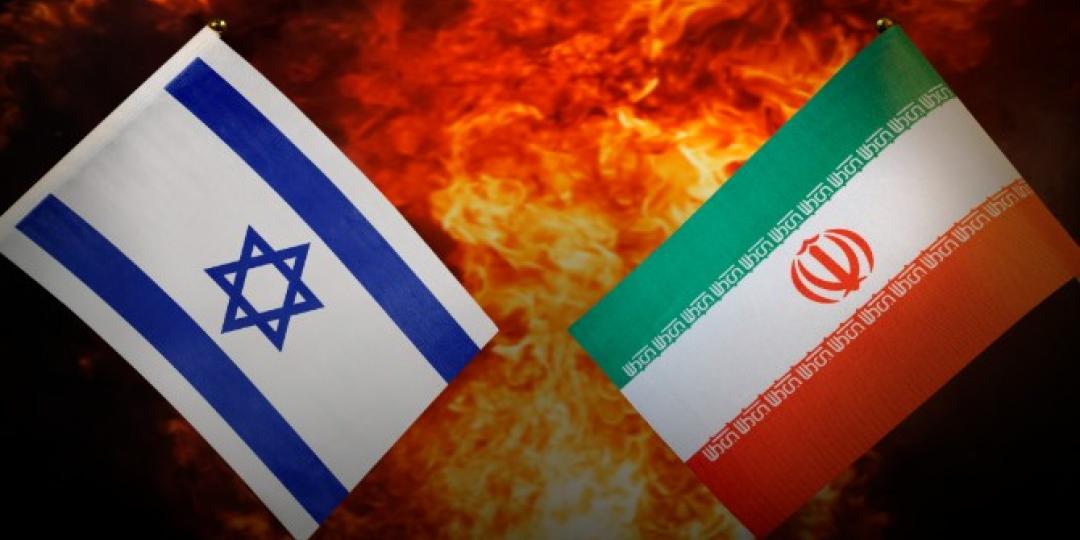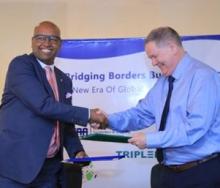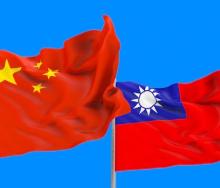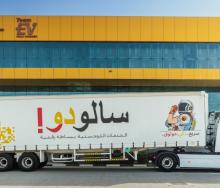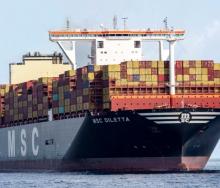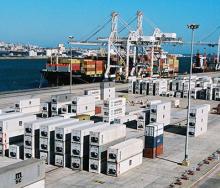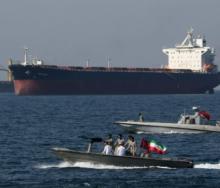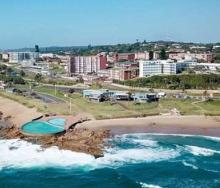President Cyril Ramaphosa continues to be seen as the torch bearer for Africa’s trade interests, whether as principal proponent for the African Growth and Opportunity Act, tariff easing on exports from the continent to the US or strengthening multilateral relations.
According to former South African ambassador, Gert Grobler, one of Ramaphosa’s most important challenges at the current Group of Seven Summit in Canada will be to address the tariff stand-off with the US, which is fast heading to a final implementation deadline of 9 July.
Should Pretoria fail to persuade Washington against proceeding with ‘reciprocal tariffs’ of 31%, currently paused for 90 days at baseline duties of 10%, most local exports will lose the duty-free access it used to have to the US market.
Grobler, who used to represent the country’s diplomatic interests in Spain, Japan and Madagascar, told RSG radio there was no doubt that the president would be putting South Africa’s and the rest of the continent’s trade interests on the table.
In light of the G20 summit set down for Sandton later this year, it was important that Ramaphosa left the G7 discussions in Kananaskis with a constructive outcome to align policies between the two organisations, said Grobler.
He mentioned that it was regrettable that Ramaphosa did not get to have another opportunity to sit down with President Donald Trump, especially because of the leader’s existing threat to boycott the November G20 Summit in South Africa.
During South Africa’s trade delegation to the US in May, Trump reiterated that, without his presence at this year’s G20 negotiations, there would be no point to the discussions.
While Ramaphosa is said to have had fruitful discussions with Canadian Prime Minister Mark Carney, Trump left the G7 Summit early because of escalating hostilities between Israel and Iran.
Although it was reported that Trump rushed back to Washington due to an imminent truce between the two warring Middle East powers, the US President denied this.
At the same time it was reported from the US that residents of Tehran have been warned to evacuate the Iranian capital.
Grobler said all eyes were on key country leaders at the moment to play a progressive role in easing tensions, whether on the trade front or in geopolitics.
He said Ramaphosa found himself in the company of other “outreach economies” at the G7 Summit, such as Brazil, Mexico, India and Indonesia, who were not part of the G7 – and Canada, the US, the UK, France, Germany, Italy, Japan and the EU, the latter being a non-enumerated member.
Grobler said it would stand South Africa’s diplomatic esteem in good stead if Ramaphosa helped to ease tension about current global trade and geopolitics.
He said this was especially the case because of unsuccessful peace talks about the war in Ukraine and what was happening in the Middle East.
G7 leaders want to see change in respect of US tariffs and a de-escalation of conflict between Israel and Iran.
This is in spite of the G7 also stating that it officially supports Israel.
